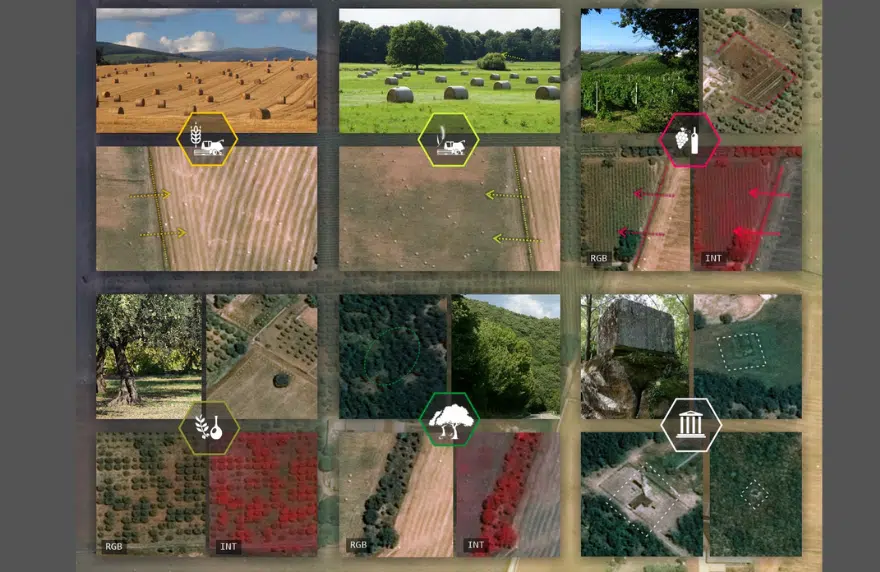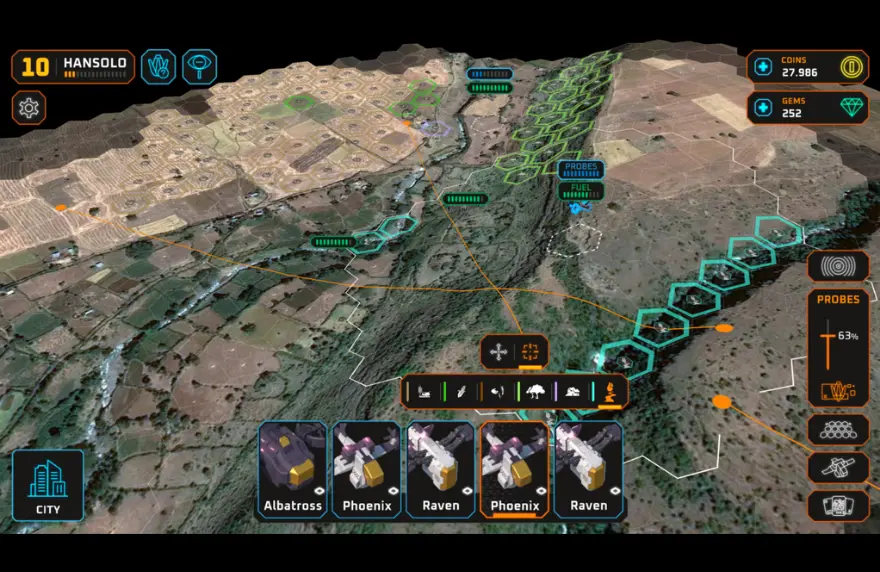What is the impact of Covid-19 on food security and political stability? In cooperation with BlackShore and 52Impact, and supported by the European Space Agency (ESA), HCSS is about to answer that question in the most innovative and ambitious way possible: through satellite imagery, crowdsourcing and machine learning.
Satellite imagery, crowdsourcing and machine learning
Using satellite imagery, BlackShore’s crowdsourcing platform Cerberus will be mapping harvests in real time. Cerberus uses the power of the crowd (i.e. thousands of gamers) and serious game technologies to analyze the satellite imagery. The results of the crowd consists of a dataset that will be used as input for the machine learning system of 52impact to train the algorithms to classify different types of crops automatically and predict yields, which is essential to assess food security. The satellite based output will be combined with economic and political data of HCSS to provide an holistic perspective on food security and political stability.
A perfect storm
Covid-19 has a tremendous effect on food security and political stability. A perfect storm of poverty, growing natural resource scarcity, and pandemic may lead to the collapse of already fragile states, but also severely impact many others. The current coronavirus epidemic adds yet another threat-multiplying factor to the explosive mix of conflict and instability drivers that many countries around the world are facing. Direct impacts on health coupled with devastating economic impacts will likely lead to increasing instability, internal displacement, government delegitimization, an increase in illicit activities, and further proliferation of extremist ideologies.
Those most affected will be the poorest and most vulnerable (including migrants, displaced persons, those hit by conflict) and underinvestment in sanitation in already poverty-ridden countries will amplify the pandemic’s impact. Disruptions across food systems will be of particular concern as Covid-19 and related measures to limit the spread of the virus will restrict people’s access to food leading to hunger and even death.
In the short term, massive logistical disruptions in the production and supply of staple food crops will affect the livelihoods of millions. This includes small scale farmers, pastoralists and fishers who are hindered to work their lands, take care of their cattle or fish the waters, but also informal workers that depend for their income on (seasonal) harvesting and processing. Lack of animal feed and the reduced capacity of slaughterhouses will create huge shortages of high value crops and proteins, which not only affects the rural poor, but also urban populations. The resulting scarcity and rising food prices may lead to further civil unrest and protest. It will most certainly lead to a disruption in international agri-food and commodity trade, leaving food importing countries at the mercy of international aid.
Our first mission
Our first mission: measuring the impact of Covid-19 on crop yields in the Rift Valley, Ethiopia (focusing primarily on three types of harvest: wheat, barley or teff and maize).






